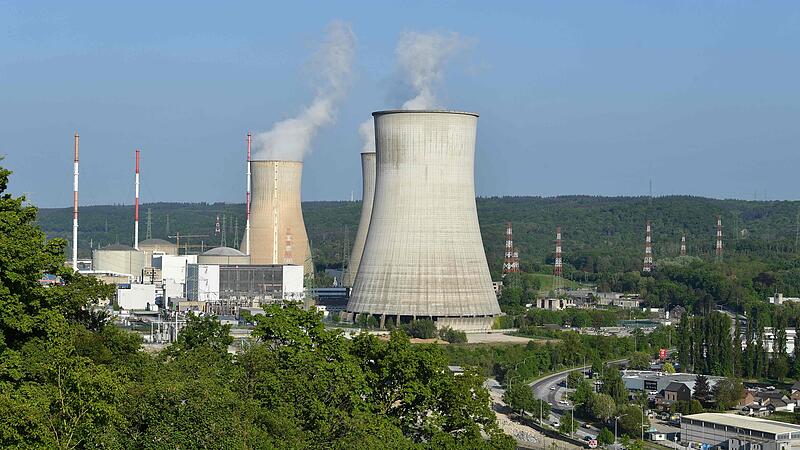This was explained on Friday by Nikolaus Müllner from the Institute for Safety and Risk Sciences at the University of Natural Resources and Life Sciences (Boku) Vienna as part of the “Impact Lech” symposium in Lech am Arlberg. Conversely, a strong expansion of nuclear energy in the next few years is ruled out, according to the expert.
Nuclear power is not a CO2-free source
In his presentation, Müllner addressed in particular the question of how nuclear energy can be helpful in avoiding carbon dioxide emissions. It is already disputed what the CO2 balance of a nuclear power plant actually looks like, stated Müllner. In operation, a nuclear power plant has very low emissions, but if you carry out a life cycle analysis, then the uranium mining is also significant. This could be very energy-intensive, and then the question arises again whether renewable energy is used for the dismantling or not. In any case, according to Müllner, nuclear power is not a CO2-free source.
Studies based on a wide variety of scenarios would show that by 2050 an energy-neutral economy would be possible without nuclear energy – even if energy consumption were to increase by then. “You can use nuclear energy, but you don’t have to,” said Müllner. If nuclear energy had to be replaced, that would account for around two percent of global CO2 emissions. According to Müllner’s assessment, this will not change much by 2040, and that is not a small thing either. “We’re not going to do without it,” he said.
Your opinion matters:
Building a nuclear power station takes a long time
If, on the other hand, one would replace fossil energy sources with nuclear energy, according to Müllner, this would result in savings of 27 percent in emissions. However, this scenario is completely unrealistic or impossible. It usually takes 20 years from the idea of building a nuclear power plant to its completion, and with an additional 4,000 new plants there would also be a problem with the uranium supply. “What is currently not under construction will not be connected to the grid before 2040,” said Müllner.
Müllner did not see fourth-generation nuclear reactors as a solution in connection with the energy transition. Although this would solve the uranium resource problem, the breakthrough with this technology has not yet been achieved.
The “Impact Lech” symposium, which was held for the first time, began on Thursday. The event, initiated and curated by scientist Markus Hengstschläger, will continue until Sunday and will deal with the question of what can be done to anchor the energy competence necessary for achieving the energy transition and climate transformation in society.
Source: Nachrichten




